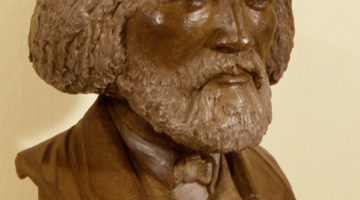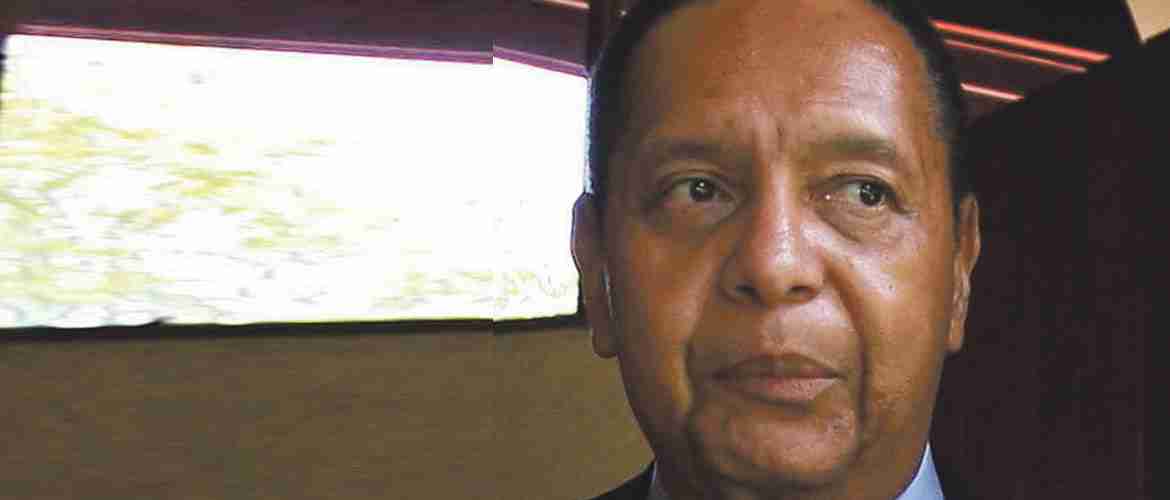PORT-AU-PRINCE, Haiti (AP) — Jean-Claude-Duvalier, the self-proclaimed “president for life” of Haiti whose corrupt and brutal regime sparked a popular uprising that sent him into a 25-year exile, died Saturday of a heart attack, his attorney said.
The 63-year-old ex-leader died at a private residence in Port-au-Prince where he had been staying, attorney Reynold Georges said.
Duvalier, looking somewhat frail, made a surprise return to Haiti in 2011, allowing victims of his regime to pursue legal claims against him and prompting some old allies to rally around him. In the end, the once-feared dictator known as “Baby Doc” spent his final years quietly in the leafy hills above the Haitian capital.
Haitian President Michel Martelly expressed his condolences to the ex-dictator’s family, making no mention of the widespread human rights abuses that occurred during the Duvalier era.
“On behalf of the entire government and people of Haiti, I take this sad occasion to extend my sincere sympathies to his family, his relatives and his supporters across the country,” Martelly said.
Duvalier was the son of Francois “Papa Doc” Duvalier, a medical doctor-turned-dictator who promoted Noirisme, a movement that sought to highlight Haiti’s African roots over its European ones while uniting the black majority against a mulatto elite in a country divided by class and color.
The regimes of both leaders tortured and killed political opponents and relied on a dreaded civilian militia known as the Tonton Macoutes.
In 1971, Francois Duvalier suddenly died of an illness after naming his son to succeed him. At 19, Jean-Claude Duvalier became the world’s youngest president.
The son was regarded as a lackluster student at a prestigious private Catholic school in the capital but his teachers gave him passing grades anyway to avoid fury from the National Palace, according to Written in Blood, a history of the country by Robert Debs Heinl and Nancy Gordon Heinl.
Jean-Claude Duvalier ruled for 15 years, his administration seen as less violent and repressive than his father’s. Echoes of press freedom and personal criticism, never tolerated under his father, emerged because of international pressure. Still, human rights groups documented abuses and political persecution. A trio of prisons known as the “Triangle of Death,” which included the much-feared Fort Dimanche for long-term inmates, symbolized the brutality of his regime.
Since his return, victims of the regime have testified in a criminal investigation of human rights abuses during his 15-year reign but the case has moved fitfully and there had been few signs of progress in recent months. His death brings an end to that effort without giving Haiti a chance to reconcile with that past, said Amy Wilentz, author of The Rainy Season: Haiti Since Duvalier, and other works about the country.
“What this means is that there will never be a trial against him and there won’t be a chance for the Haitian people to have justice and to purge from its soul the true horrors of the Duvalier era,” Wilentz said. “It’s an end but there is no closure that comes with it.”













No Comment